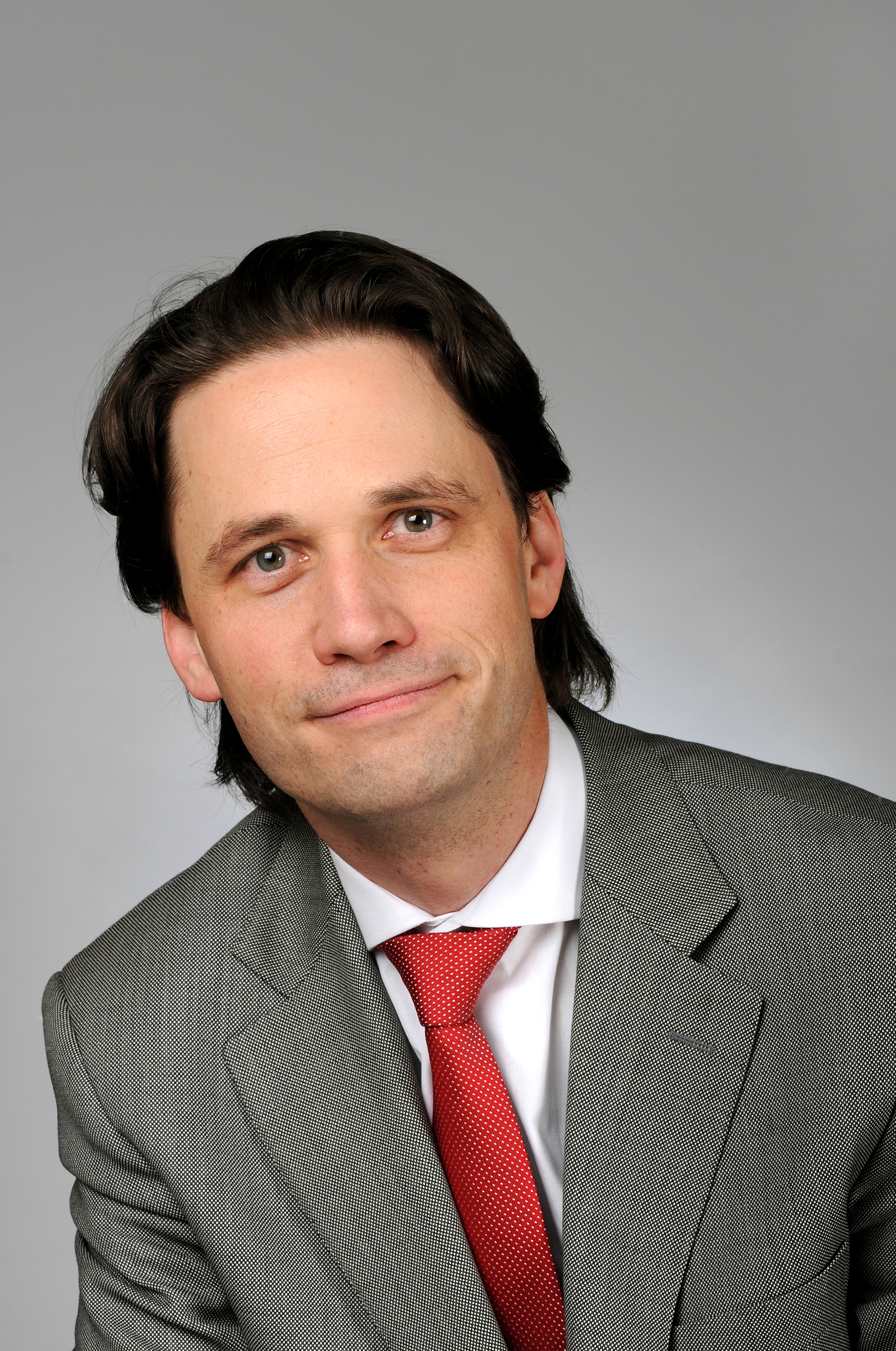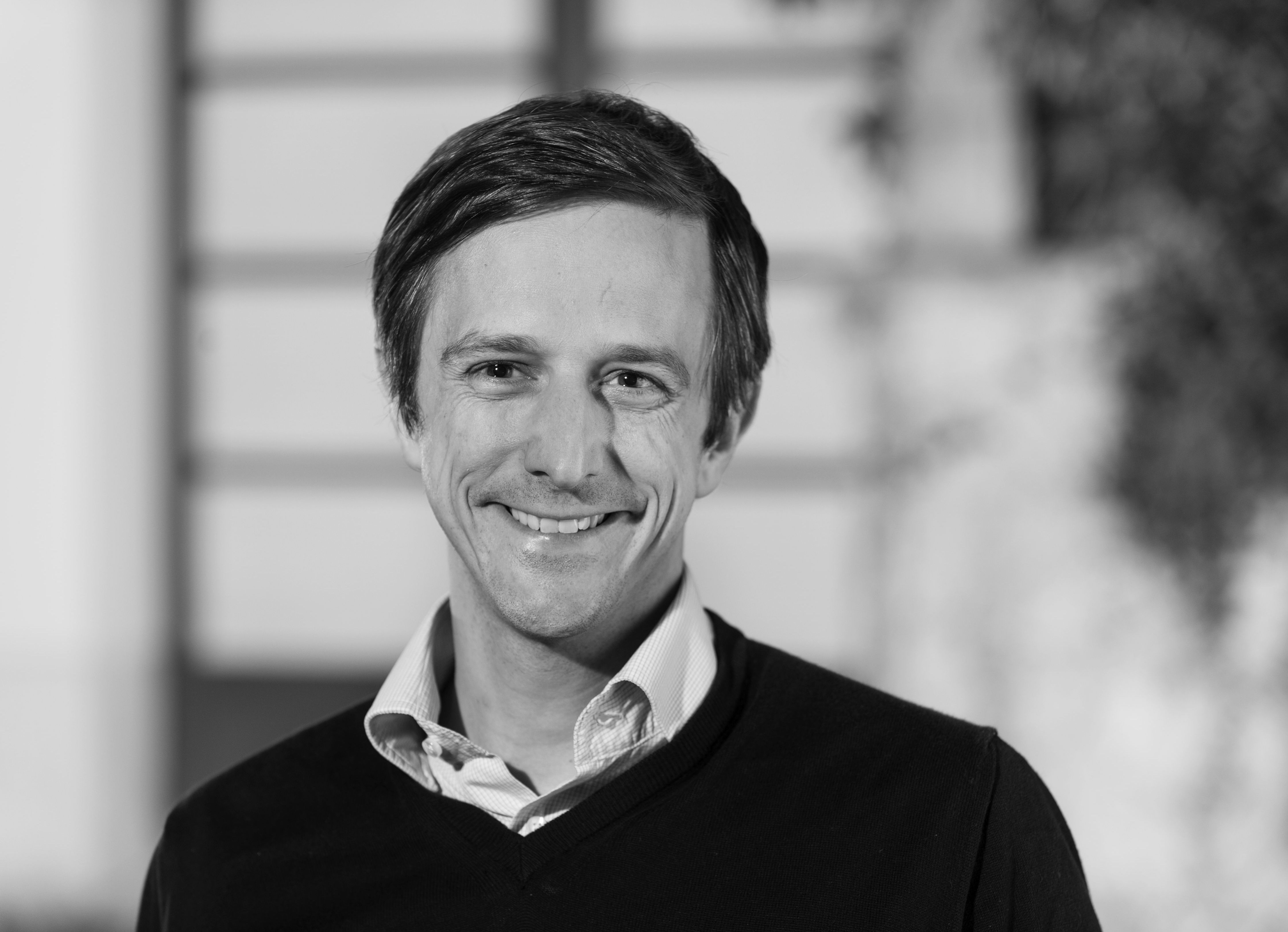
Bilingualism in law through the exchange of professors
In their project “Language and interpretation skills for Zurich and Geneva law students”, Professor Marc Thommen and Professor Yvan Jeanneret promote academic mobility by organising exchanges for teaching staff between the University of Geneva and the University of Zurich. The participants from Geneva teach law lectures in French in Zurich, and vice versa. In an interview, the two professors reveal the host of benefits brought up by these exchanges.

Prof. Yvan Jeanneret, Faculty of Law, UNIGE 
Prof. Marc Thommen, Faculty of Law, UZH
This professorial mobility first emerged as a result of their friendship. They both wanted to exchange with one another, but above all, they each wanted their students to benefit from their colleague’s expertise. To this end, each one travelled to the other university to give lectures in their own working language. For them, the strategic partnership between UZH and UNIGE has been a way to institutionalise their activity and expand it to other disciplines of law.
For Prof. Jeanneret and Prof. Thommen, this project is also the result of a necessity: in Switzerland, “one cannot be a lawyer without being able to easily understand the other main national language” notes the UZH professor. And most of the time, students acknowledge the chance they are given.
Benefits for the students
The professors gladly underline that the vast majority of the students are very interested and happy to participate in these classes. They recognize that following classes in German or French concerning different domains in law is a great opportunity and a door-opener for their future career. This “micro exchange” can even serve to “break the ice” with the foreign language, explains Prof. Thommen. After successfully following a class in the other language, students feel proud of themselves, he notes. This successful experience might give them the courage to pursue their learning in the other language, or even to spend a semester at the other university. Indeed, Prof. Jeanneret is also convinced that it encourages further student mobility. Students may easily ask themselves, he notes, “I succeeded in this class, why wouldn’t I follow a semester in Zurich?” [Note: you can read more about the experiences of exchange students in law in our student testimonials section.]
“There is a double enrichment, quite clearly”
Prof. Yvan Jeanneret
More than just language, this experience is an added value for their studies in law per se. “There is a double enrichment, quite clearly,” affirms Prof. Jeanneret. Firstly, as every professor has their teaching specificities and visions of the field, students discover new perspectives, values, and mindsets that they would otherwise not have been confronted to. And secondly, it is also a question of scientific method. By apprehending different materials in the two main national languages, students can better analyse and compare them – a crucial point when practicing law in Switzerland.
Interested to see how much students retained and understood the classes held by his Swiss-German colleague, Prof. Jeanneret once asked a simple question at an exam on the material taught by Prof. Thommen. While it was possible to know the answer simply by reading the law itself, most students used the exact same German word employed by the UZH professor. “They had hit on the concept, on the word. So I’m pretty sure that the message is getting through,” assures Prof. Jeanneret.
Benefits on the teaching side
If this project is highly beneficial for students, it is not any less for professors and teaching staff. The project was quickly enlarged and now several researchers from different domains in law have joined the endeavour. And even if this experience can be seen at first as very demanding due to the professors’ busy schedules, they all return very satisfied from the trip. “All the professors were very happy to exchange with their colleagues,” says Prof. Thommen. Whether it be personally or professionally, this experience is also an occasion to meet new people and facilitate projects that would probably otherwise not take shape.
While sharing experiences and knowledge with colleagues is valuable, it is even more so with students, thinks Prof. Thommen. For him, the most rewarding was to discover “the view and the way students from Geneva handle things.”
In terms of teaching skills, too, this exchange is very beneficial. Giving a lecture to students in a language other than their native one requires to work on a clear and simple language and structure. Endless or convoluted sentences are detrimental: “it is a re-learning of the basics,” says Prof. Jeanneret. He even compares this exercise to teaching first-year students who are complete beginners.
Because the direct exchange with students is at the heart of the project, the Covid-19 pandemic forced the team to take a break. Now the professors cannot wait to take up the exchanges, meet up again with students and colleagues and keep the ball rolling.

